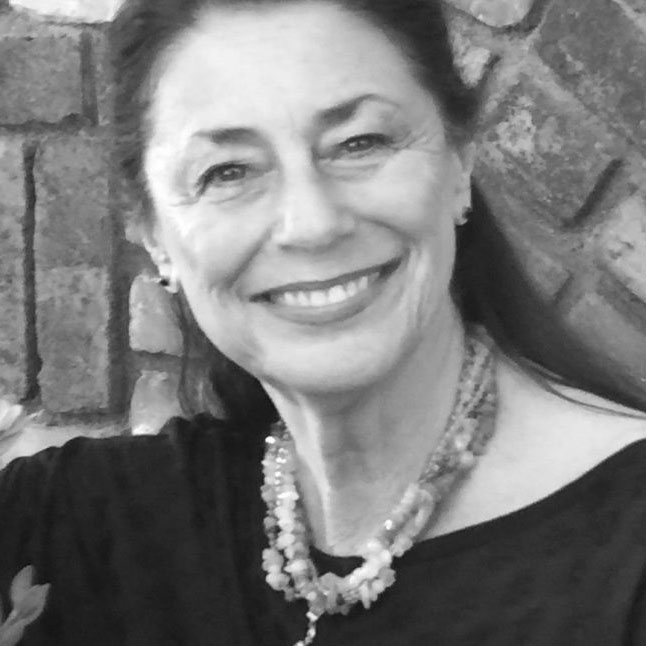
“A long time ago in a land far, far away,” Jewish people lived under the control of Syrian King Antiochus IV, who named himself Epiphanes — “god manifest.” In his attempts to unite the disparate elements of the population, he installed a Greek-sympathizing Jewish High Priest, who took the Greek name Jason. Jason became one of the Hellenizing influencers in the Jewish community.
The Temple in Jerusalem became home to Hellenism. Idols were installed and pigs were sacrificed on the altar. The Greeks’ focus on the beauty of the body, hedonistic pleasure, physical prowess and sporting events, captured the interest of much of the Jewish population. Some even tried to alter their noses to appear like their countrymen.
In the town of Modi’in, one elder priest, Mattathias, spoke out: “God forbid that we should forsake the law … we will not hearken to the King’s words … whoever is zealous for the law … let him follow me.” (Maccabees 2:17-28)
So began a guerrilla war with a small army of men fighting to overthrow the Seleucid Empire. They refused to worship Greek gods, and resisted Hellenism. The word Maccabee not only comes from the Aramaic word hammer, but is an acronym for “Mi Chamocha BaEylim Adonai,” “Who is like You among the heavenly powers,” sung at the crossing of the sea.
Upon Mattathias’ death, his five sons continued the rebellion with Judah as their leader. Many years later, they succeeded. They celebrated by cleansing the Temple and rededicating its purpose, thereby birthing our holiday Hanukkah (meaning to dedicate).
It is important to understand that the rebels were a minority among an assimilated community and forcibly “tore down heathen altars and circumcised Jewish children,” (Maccabees: 2), fighting not only the enemy without, but the enemy within — their own Jewish countrymen who had abandoned Jewish law and ritual. Their goal was to protect Judaism and ensure its future. Many see their victory as inspiration to the Israeli fighters for the State of Israel and its continued protection.
We must battle for personal freedom, dignity and religious autonomy while shining our light on one another. As Yoda teaches: “Luminous beings are we.”
Legend has it that the rebels found a jar of oil in the Temple to light the menorah but it was designed to last only one day. Yet miraculously it lasted eight days. However, the true meaning is the eight-day holiday of Shavuot, which, because of the war they were fighting, was postponed and later celebrated upon their victory. The rabbis focus on this legend as an attempt to downplay, or perhaps even erase from memory, the inner conflict within the Jewish community. The rabbis wanted to emphasize Divine intervention over human victory.
The Book of Maccabees was not included in our Bible and the jar of oil captured the hearts and minds of all Jews. The menorah and eight candles take center stage and “Not by might nor by power but spirit alone …” (Zechariah) becomes Hanukkah’s theme. Yet the historical significance must not be downplayed. Its central theme, fighting the seduction and influence of our host culture and its erosive effect on our traditions and rituals must be examined. Assimilation is an ancient story, yet very real today. We must pay special attention to our own “Hellenistic” tendencies that can erode Judaism. It is easy to be captured, in darker, colder days, by the beauty of glowing color, twinkling lights in neighborhoods and public arenas, holiday music filling the airways, and much needed good cheer, especially in today’s politically corrosive climate.
However, Hanukkah reminds us to hold our traditions and values close. Each night we add another candle to the menorah, increasing the light: a reminder to be a “light unto the nations” (Isaiah). Yet we must not ignore our history. We must remember our ancestors who fought to preserve Judaism while embracing the magic of light and its spiritual message of cleansing and healing, bringing comfort and hope to those lonely, homeless and hungry. By giving to those in need rather than showering gifts on the fortunate, we are emissaries of Divine Light.
We must battle for personal freedom, dignity and religious autonomy while shining our light on one another. As Yoda teaches: “Luminous beings are we.”
Eva Robbins is a rabbi, cantor and author of “Spiritual Surgery, Journey of Healing Mind, Body and Spirit.”






















 More news and opinions than at a Shabbat dinner, right in your inbox.
More news and opinions than at a Shabbat dinner, right in your inbox.